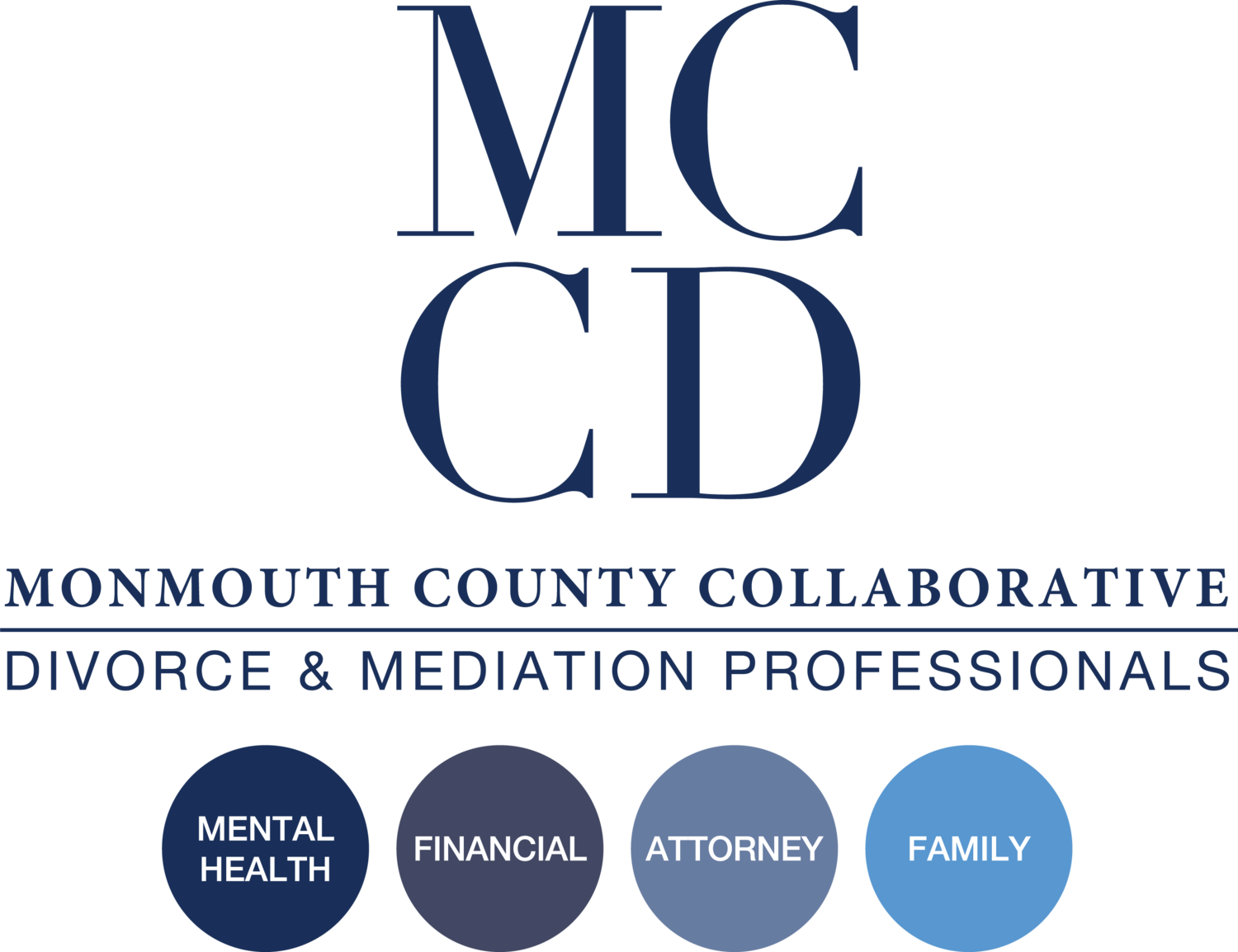IACP Specialized Training
As dedicated collaboratively trained professionals, we adhere to the ethical guidelines and training standards of the IACP, the international organization formed to promote the principles and value of collaborative dispute resolution practices. Our professionals view learning as a career-long professional obligation, and so we require of ourselves that we attend advanced training in collaborative ethics, team functioning, and skill building.
Our commitment to our clients and to advancing our skills is paramount and integral to our work. Our membership includes founders of the collaborative movement in New Jersey, who serve as trainers who prepare the growing number of professionals who aspire to work collaboratively, nationally and internationally.
Don't Just Choose Anyone
It is important to know when choosing a Collaborative Divorce Professional that while a lawyer, mental health professional, or financial professional may endorse a Collaborative approach, he or she may not be specifically trained in the Collaborative process. Collaborative divorce is more than simply a name attached to a cooperative negotiating style. It requires rejection of positional bargaining in favor of transparency in negotiations, and an equal focus on the interests of all family members. Foremost, all collaboratively trained professionals commit to a ‘participation agreement’ that restricts their involvement in your divorce to collaboration, which demonstrates their commitment to
collaboration, and their rejection of litigation.
Here are some questions you have to ask yourself when choosing a professional:
1. What is a Participation Agreement?
Do they advocate that professionals and clients sign a participation agreement, which commits them to resolving the matter without going to Court? If they do not, they are not collaborative professionals.
2. Is it a Private & Dignified Process?
Do they stress the importance of a confidential and dignified process that keeps the focus
appropriately on the children, finances and property? Collaborative professionals will not be highly positional, nor will they promise to get you the best outcome without regard for the impact on others. Rather, they will work together with you and the other professionals on the team to guide you towards equity and agreement.
3. Do they utilize a Team Approach?
Do they recommend utilizing a team approach that tries to benefit both parties equally? A collaborative professional will suggest that you use all resources at your disposal, and that your team will be comprised of experienced professionals working together, each of whom has specific dedicated responsibilities that aim to guide you towards the outcome you most desire for everyone involved.
If the answer is "no" to any of these questions, you might want to look somewhere else.
With the Monmouth County Collaborative Divorce & Mediation Professionals -
You get a collaboratively trained team of committed legal, mental health
and financial expert professionals, selected based on your specific circumstances and needs, that work seamlessly to enhance both of your lawyers' ability to resolve all of the delicate issues that arise during divorce.
contact us
Fill out the form below to tell us more about your situation.




